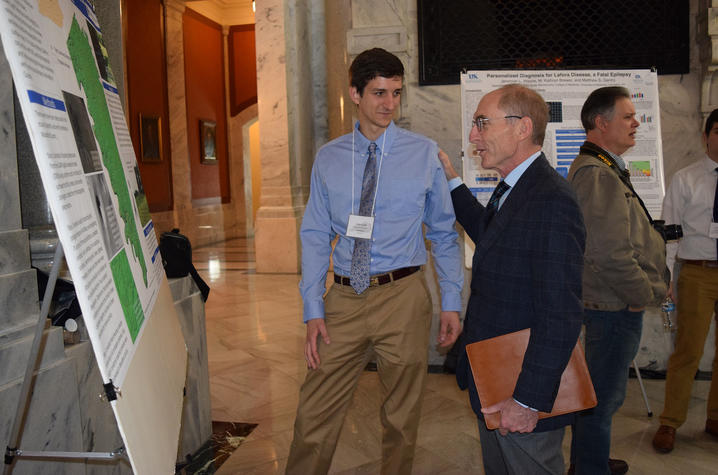Intro To Prof Ethics In Social Work
This course introduces students to the place of ethics in professional social work practice, the philosophical formulations that underlie ethics and relevant concepts derivsed from these formulations. The course emphasizes the development of ethical reasoning and decision- making.

